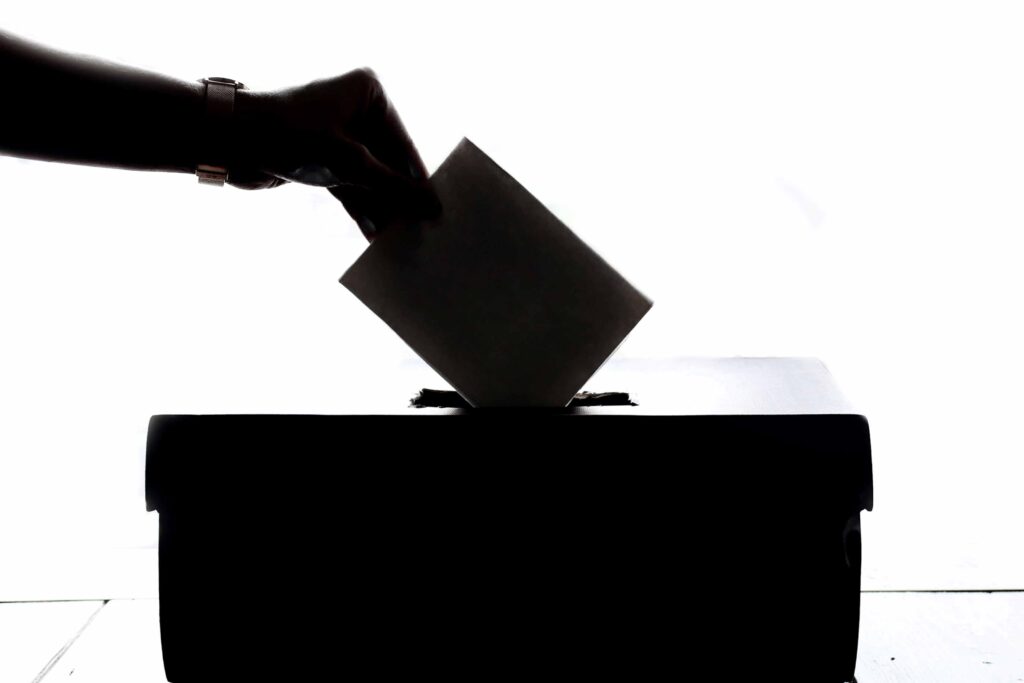The political landscape of the Democratic Republic of Congo (DRC) is witnessing heightened tension following the presidential election held on December 20. Moise Katumbi, a key opposition candidate, has escalated the situation by calling for the annulment of the election results, citing extensive fraud. This statement, issued by his campaign on Saturday, marks a significant turn in the nation’s fraught electoral process.
The crux of Katumbi’s argument rests on allegations of complicity by the head of Congo’s national election commission in orchestrating what his campaign deems as a deliberate “electoral fraud.” Consequently, they have called for his resignation. “In the face of this unacceptable situation, we are calling for the immediate annulment of this chaotic election tainted by massive fraud,” the campaign statement emphasized.
This stance taken by Katumbi resonates with the broader dissatisfaction among the opposition. A group of opposition candidates had previously sought a rerun of the election, and now there are plans for a joint demonstration in Kinshasa, the capital, in the coming week. While Katumbi himself has not officially joined this protest call, his campaign has expressed solidarity with “any constitutional initiative aimed at resisting another electoral robbery in Congo.”
The implications of these election disputes in the DRC go beyond national politics. The country, which boasts significant global reserves of cobalt and copper, is also facing severe poverty and a security crisis in its eastern regions. The current electoral dispute threatens to further destabilize an already volatile situation.
In light of the growing tensions, diplomatic missions from countries including Germany and France, based in Kinshasa, have jointly called for calm. Their statement urged all parties involved, particularly the political actors, candidates, and their supporters, to exercise restraint and address their grievances peacefully.
The election process itself has been fraught with controversy. Operational delays during the election led to an extension of the voting period. This extension has been criticized by some opposition members and observers as detrimental to the credibility of the election.
Further complicating the electoral landscape, five presidential candidates have announced plans for a demonstration on December 27 in Kinshasa against the alleged voting irregularities. A letter to the Kinshasa governor, which has gained attention on social media, describes the vote extension as indicative of the December 20 elections being a “sham.”
The Congolese election commission, known as CENI, acknowledges the logistical issues that resulted in some polling stations not opening on time. However, it denies that these problems have undermined the overall credibility of the election.
As the nation awaits the provisional election results, expected by December 31, the outcome will be critical in shaping the DRC’s political trajectory. These results will reveal whether incumbent President Felix Tshisekedi or one of his 18 challengers has secured the presidency.
The election has capped a tumultuous campaign period marked by violence, with at least 19 people killed in election-related incidents. Despite widespread allegations of irregularities and potential fraud, both CENI and the presidency have denied such claims.
In a further display of electoral challenges, authorities in the eastern Lubero territory reported delays in voting in five remote centers due to logistical issues caused by inclement weather. Voting in these areas is expected to proceed, contingent on the timely delivery of election materials.
As the DRC navigates this critical juncture, the developments in the wake of the December 20 elections are being closely monitored both domestically and internationally. The final outcome will not only determine the nation’s leadership but will also have significant implications for regional stability and the global economic landscape.






